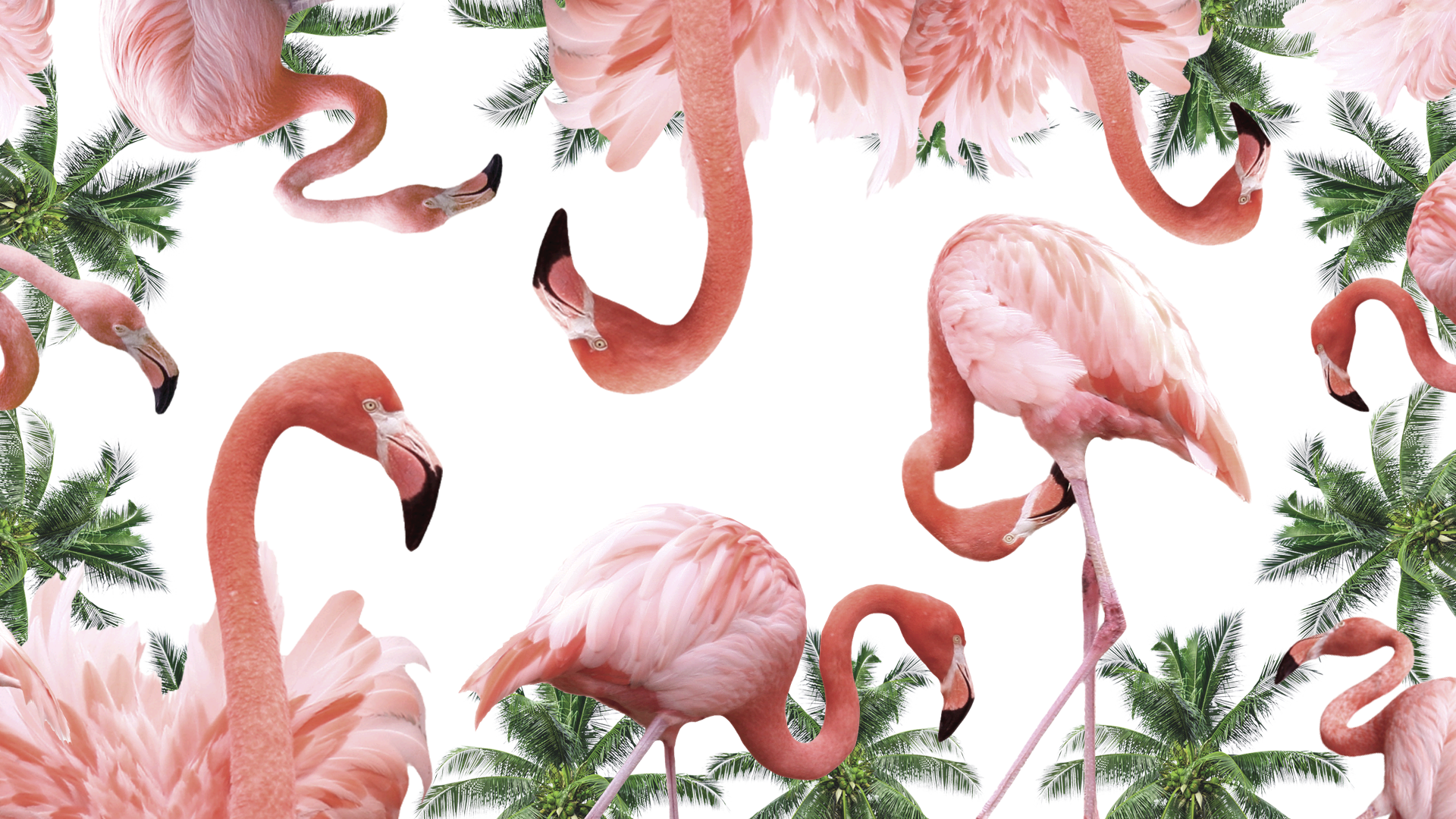What I've learned about Anxiety (part 1 of 4)
- followingflamingos
- Apr 28, 2020
- 3 min read
Updated: May 7, 2020
I want to share what I have learned about living with a long term mental illness called generalised anxiety disorder.
A couple of caveats though before I do. ..
The world is upside down. Many people are dealing with new and exacerbated threats to their health, financial security, housing worries and separation from family. Others are struggling to cope with so much change to the world in so little time and what this means for relationships with friends, networks and the outside world.
Individuals like myself, who to be frank are by pure luck blessed with buffers in place to protect from the worst effects of this crisis, still have found their usual distractions, busyness and normal life put on hold. How many of us prided yourself on how busy we were and relied on this to not deal with certain internal thoughts and feelings? Whether working hard, playing hard or both, I know I have been guilty of this and I can’t be alone In finding myself adrift.
So many of us are now discovering a new ways of staying afloat as we struggle to cope with the lack of distraction let alone the considerable newer worries about the ongoing impact of the Coronavirus and lockdown. Long buried fears rise to the surface as this perfect storm enables them to morph and swell, breaking as waves of anxiety and panic which leave us feeling powerless, and often ashamed.
Familiar thoughts and feelings arise reminding us of past trauma and challenge as current events, the lack of control and fear of uncertainty trigger all sorts of memories.. For me I know this has led me yet again questioning my ability to cope, alert to anything that will further confirm my negative appraisal of this situation and endless feeling of falling short as I compare my insides to other’s outsides. No thanks in part to the British stiff upper lip mentality that still exists and much image crafting on social media, both things I abhor.
My own faults seem revealed and exposed to the world, laid bare as I struggled to ‘rise to the challenge’ of life changing so fast and turn inward as it takes me so long to adjust to things and what feels like a new kind of anxiety, but probably is the old kind, old familiar.
I don’t believe anyone can reliably tell anyone else they are not in emotional pain, and they do not have the right to address their suffering just because they appear to have it better than others.What I am sharing I hope will be of use to anyone who is living under the burden of coping with ongoing anxiety regardless of external cause.
"Thinking of others who are worse off" does not help us feel empowered to self-manage chronic worry, the panics of overwhelming anxiety nor soften the blows of depression when it hits and convinces us it IS us. Neither does being shut down if we tell others we are struggling. "Aren’t we all’ is a particular affront to those already on their knees exposing their own vulnerability and making every effort to get the support we in fact all deserve with our mental health. It suggests all at once a dismissal of shared confidence and a denial of the responsibility I believe we all have to take care of ourselves.
Talking about anxiety doesn't make it worse, even during a pandemic. We are not winding each other up by sharing our struggles and fears, we are acknowledging it exists and this is the first step in finding ways to cope, to recover or to learn to lessen it's impact. Being open helps us learn more about ourselves, more about others and normalises seeking further support as needed from professionals.
I have found that helping others through encouraging conversations about vulnerability and strength gives me purpose in my own ongoing relationship (read battle) with anxiety. So this series of articles is not altruistic on my part. On the contrary it is helping me more than you know.
Got to Part 2

**original article updated and amended on 07/05/2020**






Comments